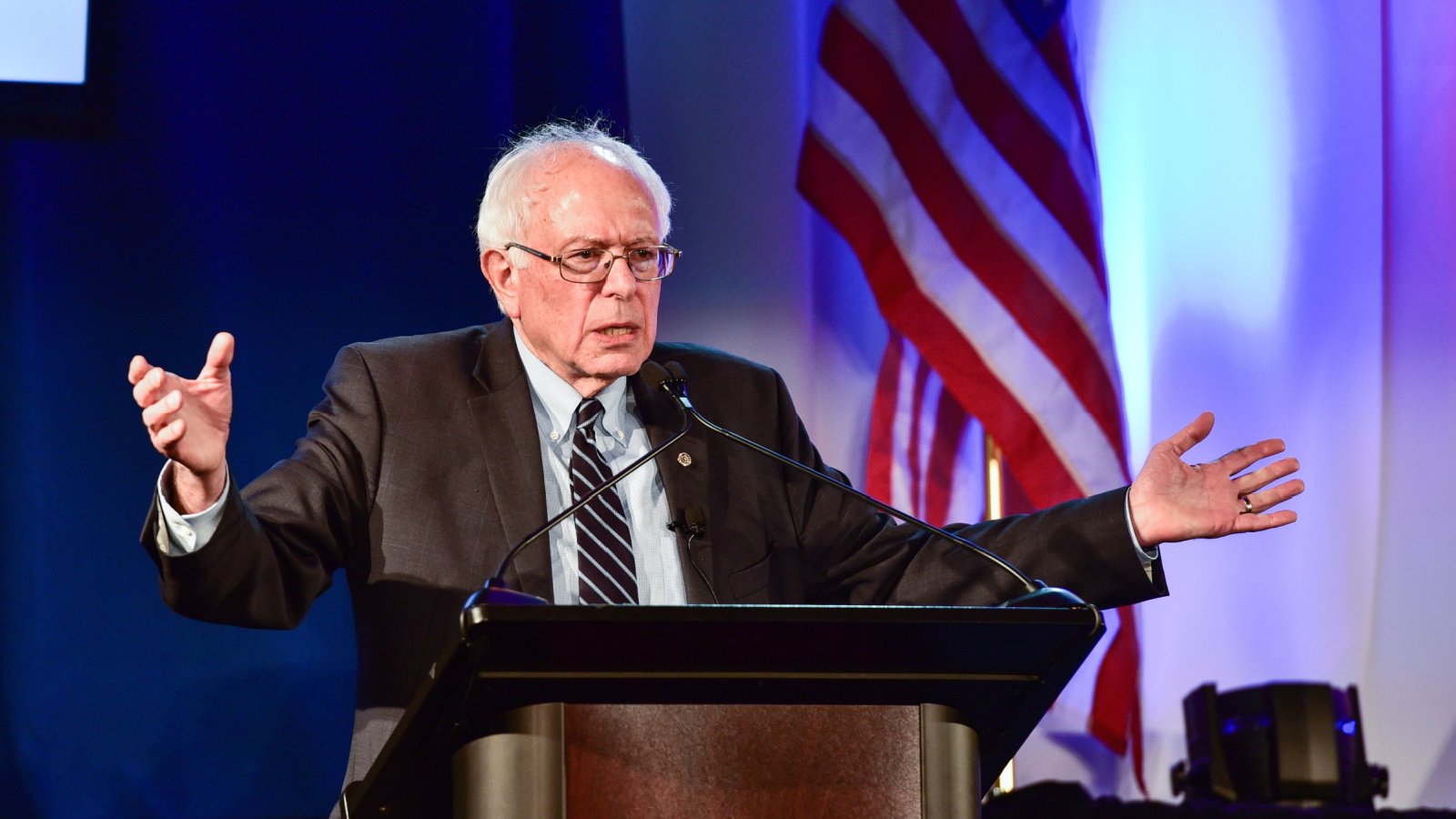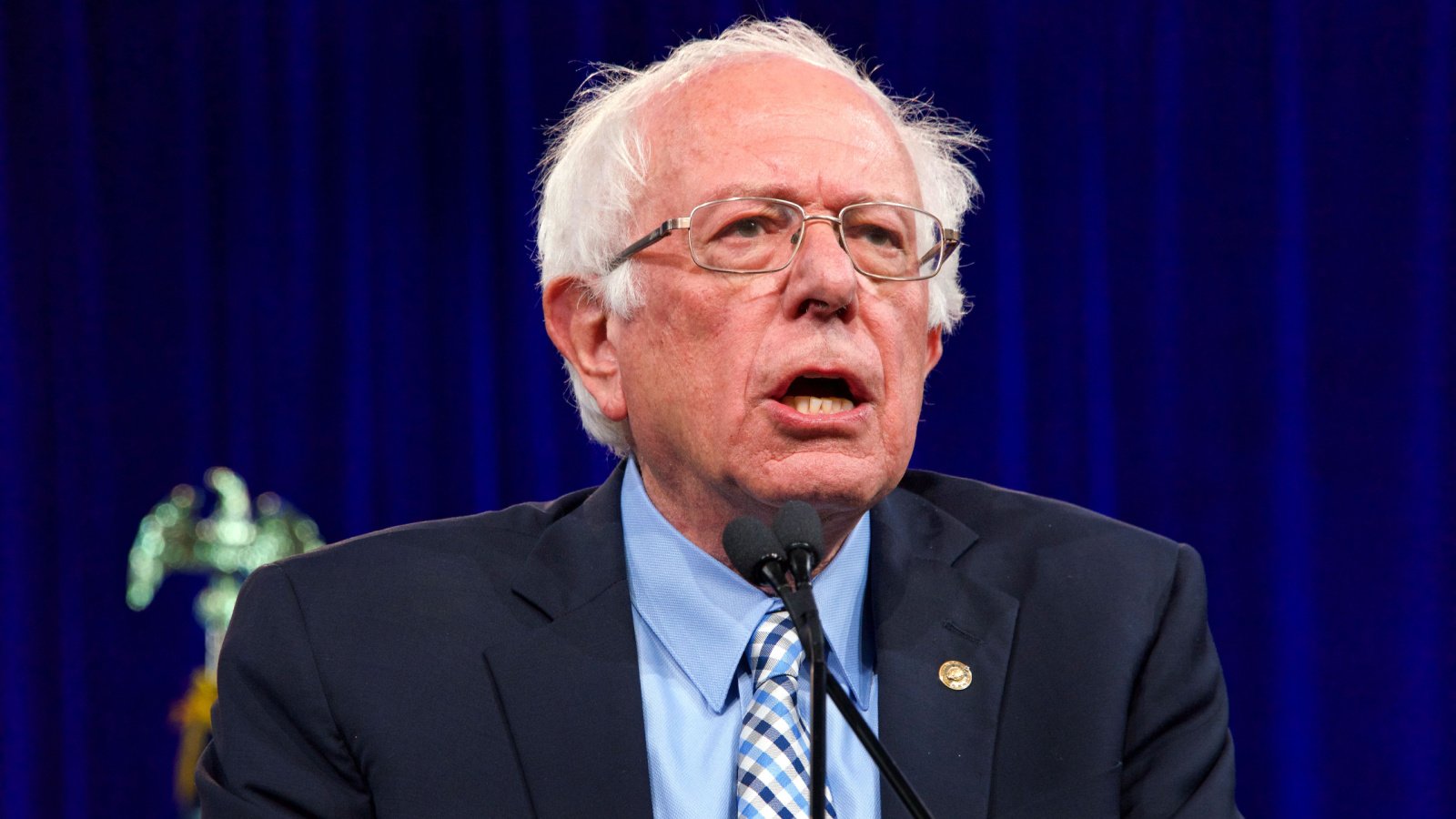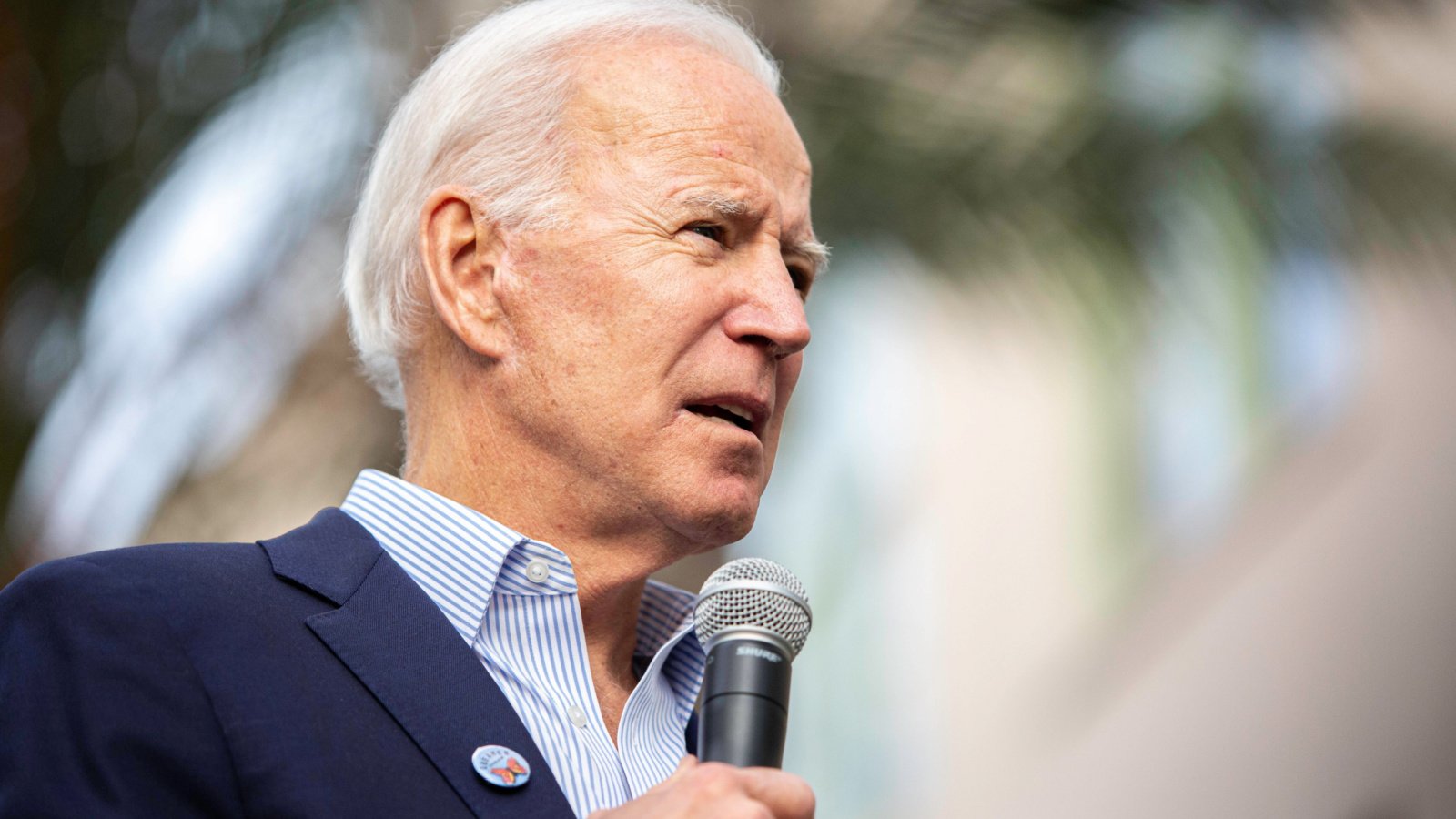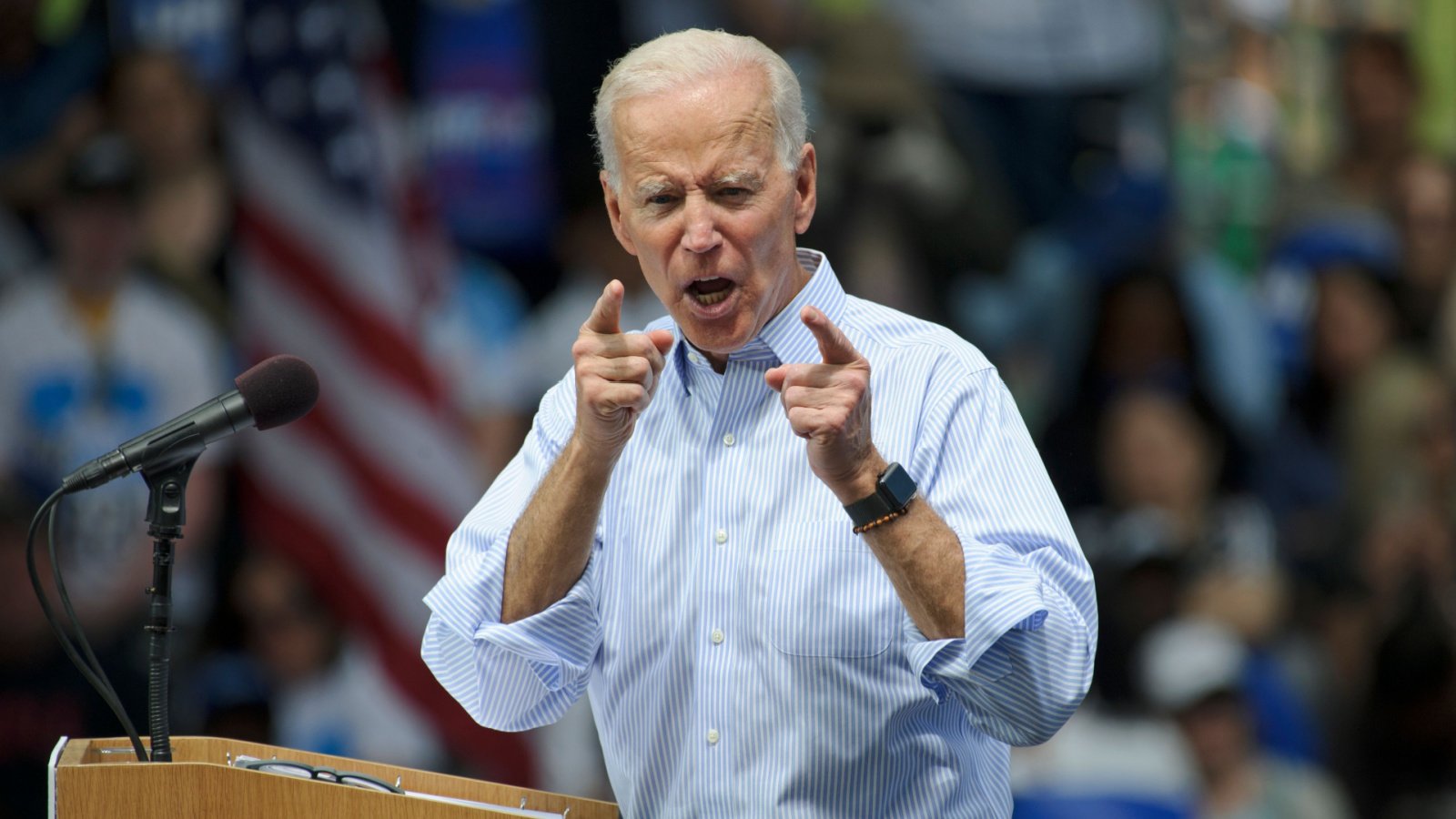The Gaza conflict escalates, drawing sharp criticism towards President Biden from Senator Sanders while shifting U.S. public opinion. The debate over military aid to Israel intensifies, spotlighting Biden’s diplomatic challenges and America’s stance on humanitarian issues.
Political Dissonance

Senator Bernie Sanders didn’t mince words when he called out President Joe Biden for what he deemed hypocritical behavior. Despite Biden expressing repeated frustration with Prime Minister Benjamin Netanyahu, Sanders pointed out the contradiction in continuing to provide Israel with substantial military aid.
The Irony of Aid

“The president swings from angry to very angry, yet the financial support doesn’t waver,” Sanders quipped, highlighting the absurdity of the situation. He voiced his opposition loud and clear, especially against the backdrop of a $10 billion military aid package that he voted against.
A Stance of Principle

Sanders has made it clear he stands against offering Netanyahu another $10 billion for military endeavors that affect civilians in Gaza. His stance is a testament to his commitment to addressing the humanitarian crisis in Gaza rather than contributing to its perpetuation.
Speaking Out

During an appearance on Pod Save America, Sanders criticized the apparent disconnect between the administration’s expressed concerns for Gaza and its actions. He described the ongoing support for Netanyahu as starkly hypocritical, questioning the coherence of such a policy.
Seeking Understanding

Despite recognizing Biden’s decency and empathy, Sanders expressed confusion over the continued military support for Israel. He pondered the motivation behind the White House’s stance, suggesting that Biden’s personal feelings about the conflict did not align with policy actions.
Uncertain Shifts

Sanders addressed questions about a potential shift in the Biden administration’s policy regarding aid to Israel. He admitted his uncertainty about the future of U.S. support, reflecting the complexity of the situation.
A Critical Conversation

Following a tragic airstrike in Gaza, Biden engaged in a lengthy discussion with Netanyahu. The conversation came in the wake of an attack that claimed the lives of several aid workers, including an American citizen, underscoring the gravity of the situation.
Diplomatic Demands

In the aftermath of a contentious airstrike, President Joe Biden communicated his firm stance to Prime Minister Benjamin Netanyahu. The White House emphasized the urgency of Israel taking tangible actions to mitigate civilian suffering and protect humanitarian workers in Gaza.
Policy Pivots

Biden articulated the necessity for Israel to adopt specific measures to address the consequences of its military actions. His discussions with Netanyahu served as a pivotal moment, setting the stage for a potential shift in U.S. policy based on Israel’s immediate response to these demands.
Growing Dissent

The American president is navigating through a sea of increasing demands for action to safeguard Gaza’s civilians. Both domestically and internationally, voices are rising, urging Biden to reassess U.S. military support for Israel amidst escalating concerns.
Shifting Sentiments

Public opinion in the United States has seen a significant shift, with a majority now questioning the support for Israel’s military operations in Gaza. Recent Gallup polls reveal a substantial dip in approval, marking a noticeable change in American sentiment.
Sanders’ Appeal

Senator Bernie Sanders, addressing those disillusioned by the Biden administration’s handling of the Gaza conflict, urges continuous engagement despite frustrations. He acknowledges the valid concerns of the youth, particularly those with personal ties to the Palestinian community, advocating for a nuanced approach rather than outright rejection.
The Lesser Evil

Highlighting the stakes, Sanders contrasts the current administration’s policies with the potential alternatives, suggesting that the alternatives could exacerbate the situation. His comments reflect a strategic consideration of the broader political landscape.
Voter Rebellion

In a notable display of dissent, a significant number of Wisconsin voters chose not to endorse any candidate in the Democratic primary. This act of protest underscores the depth of frustration over the administration’s stance on Gaza.
Leadership’s Response

Confronted with inquiries about possible changes to military aid for Israel, Biden remained noncommittal. His remarks came as Israel began easing restrictions into Gaza, a move seen as a direct result of his dialogue with Netanyahu, demonstrating the intricate balance of diplomacy and domestic policy.








